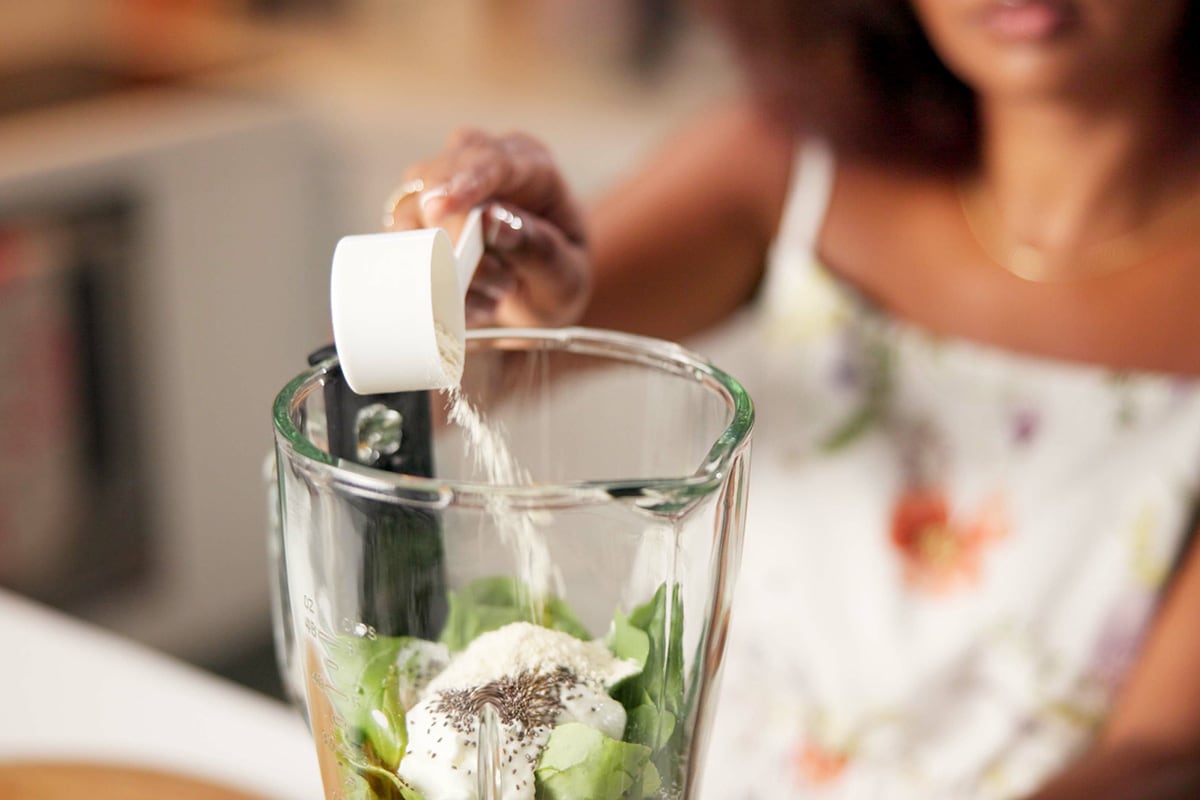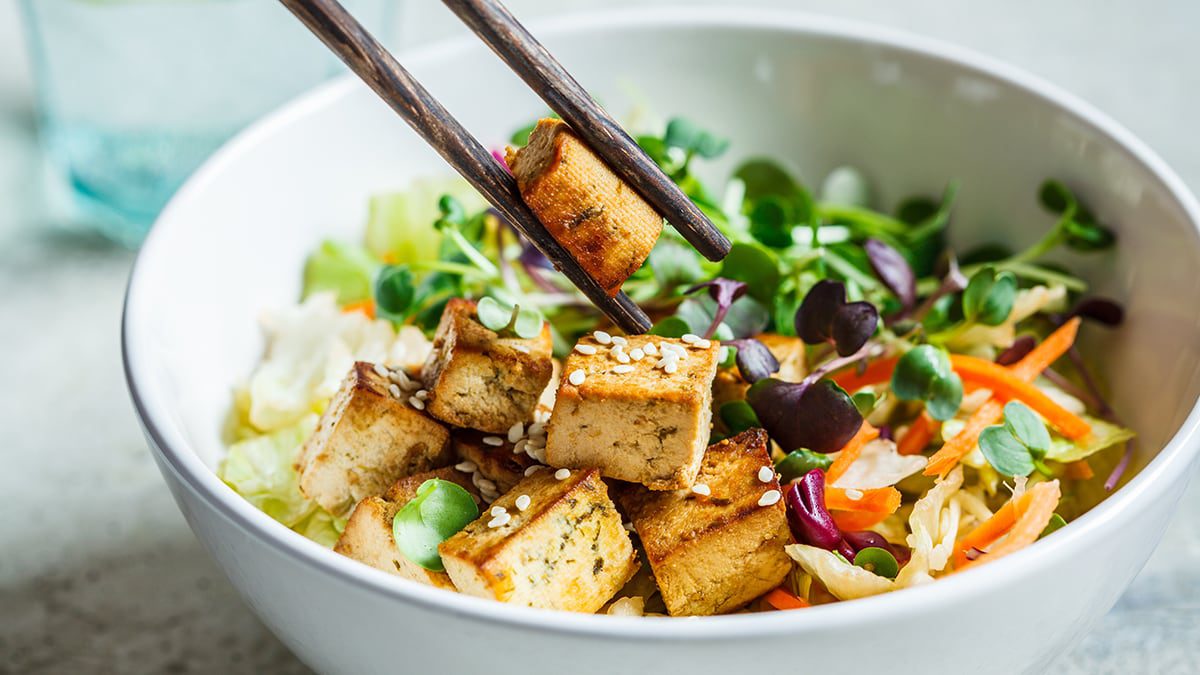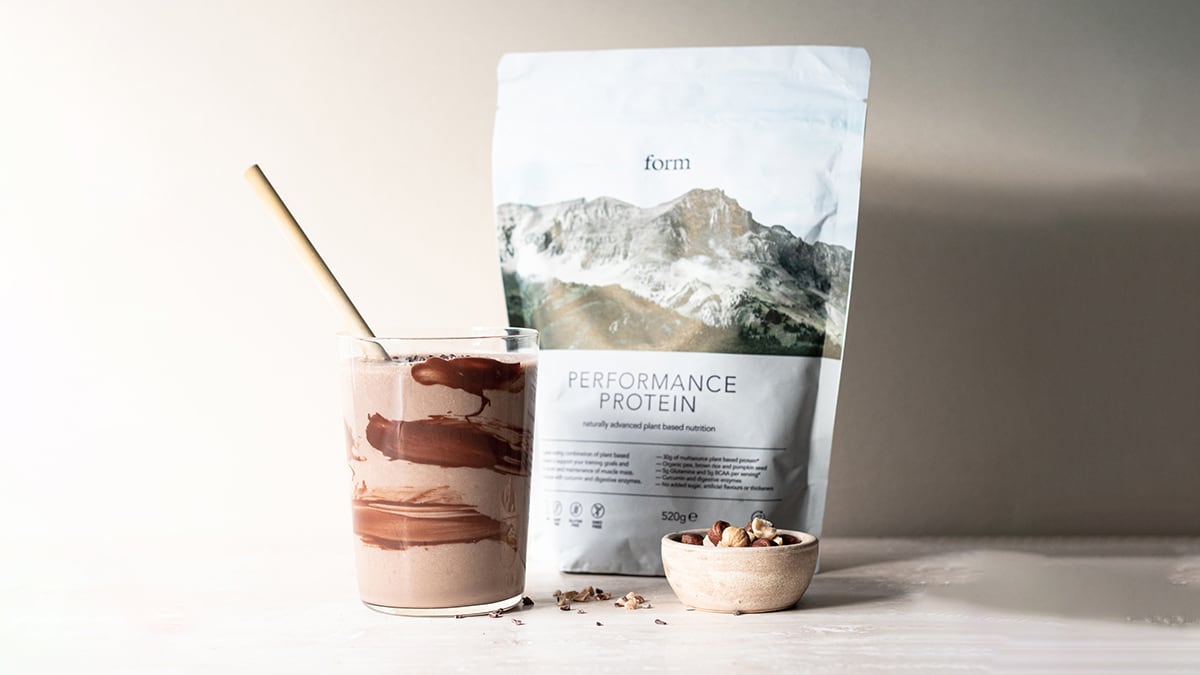Ask Dr Adam: How Women Are Redefining the Protein Conversation

For decades, protein was the domain of bodybuilders, gym bros, and elite athletes, primarily men. But that’s changing. Women are now front and centre in reshaping the protein narrative, viewing it not just as a muscle-building tool, but a powerful nutrient for energy, recovery, and long-term health.
We sat down with Dr. Adam Collins, Form’s Head of Nutrition and Director of the BSc and MSc Nutrition programmes at the University of Surrey, to unpack what’s driving this shift, and what women need to know.
“There’s been a long-standing assumption that most people, especially women, simply don’t need more protein unless they’re training hard or trying to bulk up.” says Dr. Collins. “But this overlooks the nuances of what optimal intake means, especially in terms of body composition and long-term health.”
Rethinking the Recommended Daily Intake
While the official guideline sits at 0.75g of protein per kilogram of body weight per day, this figure reflects the bare minimum required to avoid deficiency. It doesn’t account for what’s ideal for active living, healthy ageing, or preserving lean body mass.
“More recent evidence suggests 1.2 to 1.6g/kg/day is a more appropriate target.” explains Dr. Collins. “That’s nearly double the current recommendation and has significant implications for women in particular.”
Take a 65kg woman, her ideal intake might be closer to 80 – 100g of protein per day, or about 20 – 25g per meal across breakfast, lunch, dinner, and a snack. Hitting those numbers consistently can be tricky, especially on a plant-based diet.

Beyond Muscle: Why Protein Matters
Protein isn’t just about muscle. It’s essential for cellular repair, hormonal health, immunity, and metabolic balance. One of its standout benefits is its satiating effect.
“Protein is the most filling macronutrient.” says Dr. Collins. “When you include enough in a meal, it can help you stay full longer and better manage your appetite.”
What’s more, when protein is combined with carbohydrates and fats, it helps moderate how quickly those nutrients are absorbed, supporting balanced blood sugar and steady energy.
Tackling the Plant-Based Protein Myth
A lingering concern, especially for women choosing a plant-based lifestyle, is whether plant proteins are “incomplete” or less effective than animal sources.
“Plant-based proteins are often seen as inferior because they may lack one or two essential amino acids.” explains Dr. Collins. “But that’s only true when you look at single-source proteins in isolation.”
This is where thoughtful formulation comes in. By combining complementary sources, like pea, brown rice, and pumpkin seed protein, Form’s Performance Protein delivers a complete amino acid profile.
“For example, pea protein is slightly low in methionine, but rice protein is rich in it. Pumpkin seed protein also brings valuable nutrients and amino acid diversity. Together, these create a balanced, complete plant-based protein.”
What about absorption? It’s true that plant proteins in whole foods can be harder to digest due to anti-nutritional factors like phytates or tough plant cell walls. But that’s not the case with high-quality supplements.
“Theoretically, our plant proteins are 87% digestible, which still gives you an effective 26g of usable protein.” says Dr. Collins. “But thanks to our use of extracted, refined sources and added digestive enzymes, the real-world number is likely higher.”
Leading the Protein Evolution
Women aren’t just reshaping the conversation, they’re demanding better solutions. And Form is here to deliver.
“We’re seeing women embrace protein as part of a broader wellness strategy, not just for aesthetics, but for energy, recovery, and feeling empowered.” says Dr. Collins. “That’s why we focus on clean, complete, and effective plant-based proteins designed to support their goals.”
Whether it’s managing appetite, fuelling workouts, or supporting long-term health, protein is a cornerstone nutrient, and no longer just a men’s club.
“Protein is not just for men or athletes.” concludes Dr. Collins. “It’s for anyone who wants to take charge of their health, especially women who are leading this new wave of awareness.”



















